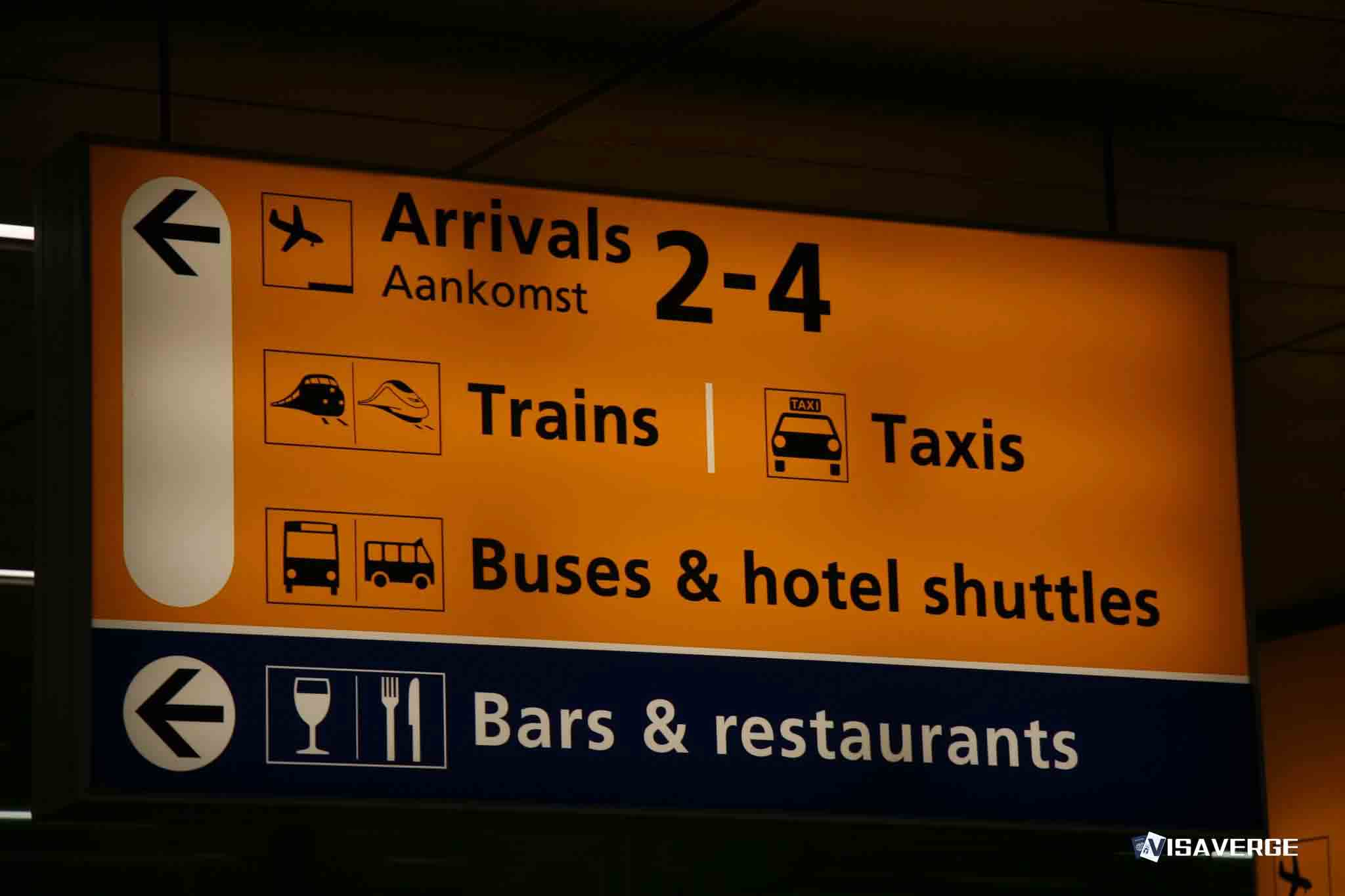(ZURICH) Zurich Airport faced a fresh labor clash on Friday as ground handling staff employed by Airline Assistance Switzerland walked off the job at 2 pm on August 22, 2025, protesting the company’s plan to shut its Zurich operations and cut more than 200 jobs. The stoppage by about 220 AAS employees is scheduled to run until the end of the day’s operations. Airport officials said they were working with airline partners to keep flights moving, though delays were reported and further disruption could not be ruled out.
AAS usually handles 35 flights—19 arrivals and 16 departures—from mid-afternoon through the end of the day, equal to about 7% of Zurich Airport’s handling operations. The affected carriers include Chair, Air Serbia, Eurowings, Pegasus, LOT, Air Cairo, Air Montenegro, and GP Aviation. On a normal day like Friday, AAS would process roughly 2,000 of 55,000 departing passengers. By late afternoon, the airport said no flights had been canceled, and most services were taken over by other ground service providers.

Zurich Airport confirmed it was aware of the strike and stressed that it cannot approve of actions that harm flight operations. Spokeswoman Bettina Kunz noted the teams were trying to keep the impact as low as possible, while warning that delays and cancellations cannot be ruled out. Passengers booked on flights normally handled by AAS are being contacted directly by their airlines with updates and options.
Strike Scope and Immediate Impact
The workplace action, called by the VPOD aviation union, centers on a dispute over layoffs tied to AAS’s plan to cease Zurich operations. The company recently opened a consultation process and, according to AAS, is reviewing staff and union proposals to reduce or avoid redundancies. VPOD counters that AAS has refused to negotiate a fair social plan and has not been transparent about the process. Friday’s strike is the outcome of that standoff.
Operationally, Zurich Airport and partner airlines leaned on other ground handling providers to cover the 35 flights assigned to AAS between 2 pm and end-of-day. While the handover limited the number of cancellations, passengers faced late departures and longer waits at gates and baggage belts.
Airlines asked travelers to monitor texts and emails, and many posted notices in their apps and on social media, reflecting the airport’s message that airlines are the first point of contact for flight-specific help.
Airlines most exposed—such as regional carriers and leisure operators—worked in tandem with Zurich Airport’s operations center to switch service to other handlers where possible. That contingency model, used in earlier periods of strain, helps the hub keep planes turning even when a provider steps back at short notice.
Jobs at Risk and Positions of Key Players
At the heart of the dispute are the livelihoods of more than 200 people whose roles would vanish if AAS follows through on its shutdown plan. The workforce includes check-in agents, ramp staff, and coordination teams who make up the daily ground handling backbone for certain flights.
For many AAS employees, the strike is both a protest and a plea: they want clear terms on severance, retraining, or reassignment—elements commonly included in a social plan.
Key positions and statements:
– AAS: said it has started a formal consultation and is considering proposals from employees and the VPOD union “to avert or minimize redundancies.” The company disputes claims that it refused to negotiate a social plan.
– VPOD: argues management has not engaged in good faith and says the strike aims to push for open talks and fair terms for the AAS workforce.
– Zurich Airport management: emphasized operational continuity, saying it will keep working to limit disruption for passengers, but also underlined it “cannot approve” actions that harm the running of flights.
While labor disputes are not new at Zurich Airport, union officials note this action stands out because it’s tied to mass redundancies linked to a potential full shutdown of one handler’s local operations. Despite the labor tension, the airport’s overall punctuality has improved in summer 2025 compared with previous years, with fewer delays and night departures.
What Travelers Should Do Now
Passengers booked on affected flights should take simple, fast steps to reduce stress and protect their trips:
- Check your airline app, email, and SMS for updates on delays or any last-minute gate changes.
- If you booked through a travel agent or an online travel site, keep that contact handy; they can often rebook or provide options.
- Watch the airport’s official channels for service notes. Airlines are the main contact for flight-specific help.
- Keep receipts for meals or hotels if your airline asks you to wait; claims depend on airline policy and your travel insurance.
- Workers with questions about employment matters should contact VPOD or AAS management through their usual channels.
Passengers may be entitled to help or compensation depending on airline policy and insurance. For official guidance on passenger rights in Switzerland, visit the Federal Office of Civil Aviation’s page: https://www.bazl.admin.ch/bazl/en/home/passenger/rights.html.
According to analysis by VisaVerge.com, staying in direct contact with your airline during a labor action is the fastest way to get real-time updates and support.
Consultation Status and Possible Outcomes
Union leaders said the consultation process began more than two weeks ago and that they seek transparency on how jobs could be preserved or how workers could be supported if roles are cut. AAS insists it is ready to review ideas that could soften the blow.
Possible outcomes include:
– A signed social plan with improved terms for departing workers.
– Transfer options or retraining programs within the sector to reduce redundancies.
– A breakdown in talks, which could lead to further industrial action.
The outcome will shape the future for the AAS workforce and the handling market at Zurich Airport.
Operational Focus and Forward Look
For airport operations, the near-term focus is keeping a stable service level while the strike lasts. With other providers already stepping in, Switzerland’s busiest hub is showing its ability to shift work in real time, though travelers should expect pockets of delay as teams adjust.
The airport has warned that while the goal is to avoid cancellations, there is no guarantee. That message reflects the high-wire nature of same-day resource swaps in ground handling, which require available staff, tugs, loaders, and trained coordinators matched to each airline’s procedures.
Looking ahead:
– If negotiations yield compromise, pressure may ease.
– If talks break down, union leaders have left the door open to further action.
– Zurich Airport and airline partners are likely to keep contingency plans ready, especially around peak travel windows.
Plan extra time, follow your airline’s messages closely, and be ready for late departures.
By Friday evening, the watchwords for travelers remained simple: plan extra time, follow your airline’s messages closely, and be ready for late departures. For AAS employees, the day was about being heard, as the stakes—jobs, families, and futures tied to airport work—came into sharp focus on the ramp and in the terminal.
This Article in a Nutshell
About 220 AAS ground staff struck on 22 August 2025 over a planned Zurich shutdown and more than 200 potential job cuts; other handlers covered 35 flights, avoiding cancellations but causing delays while talks continue.








